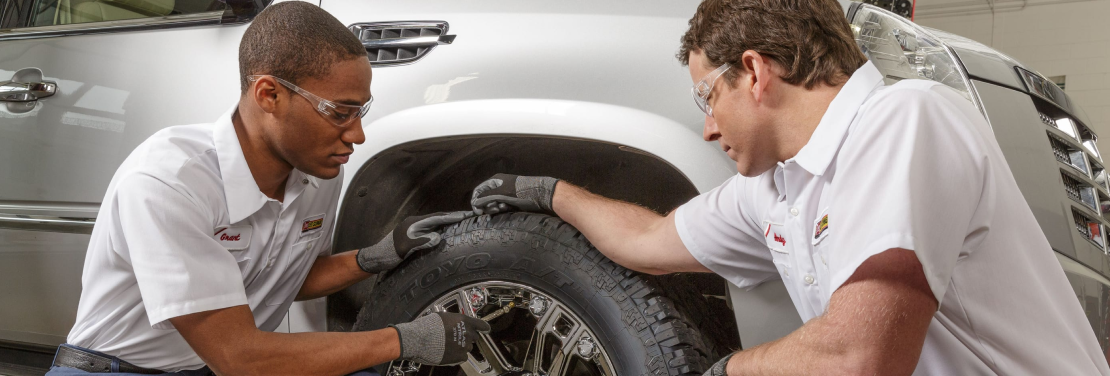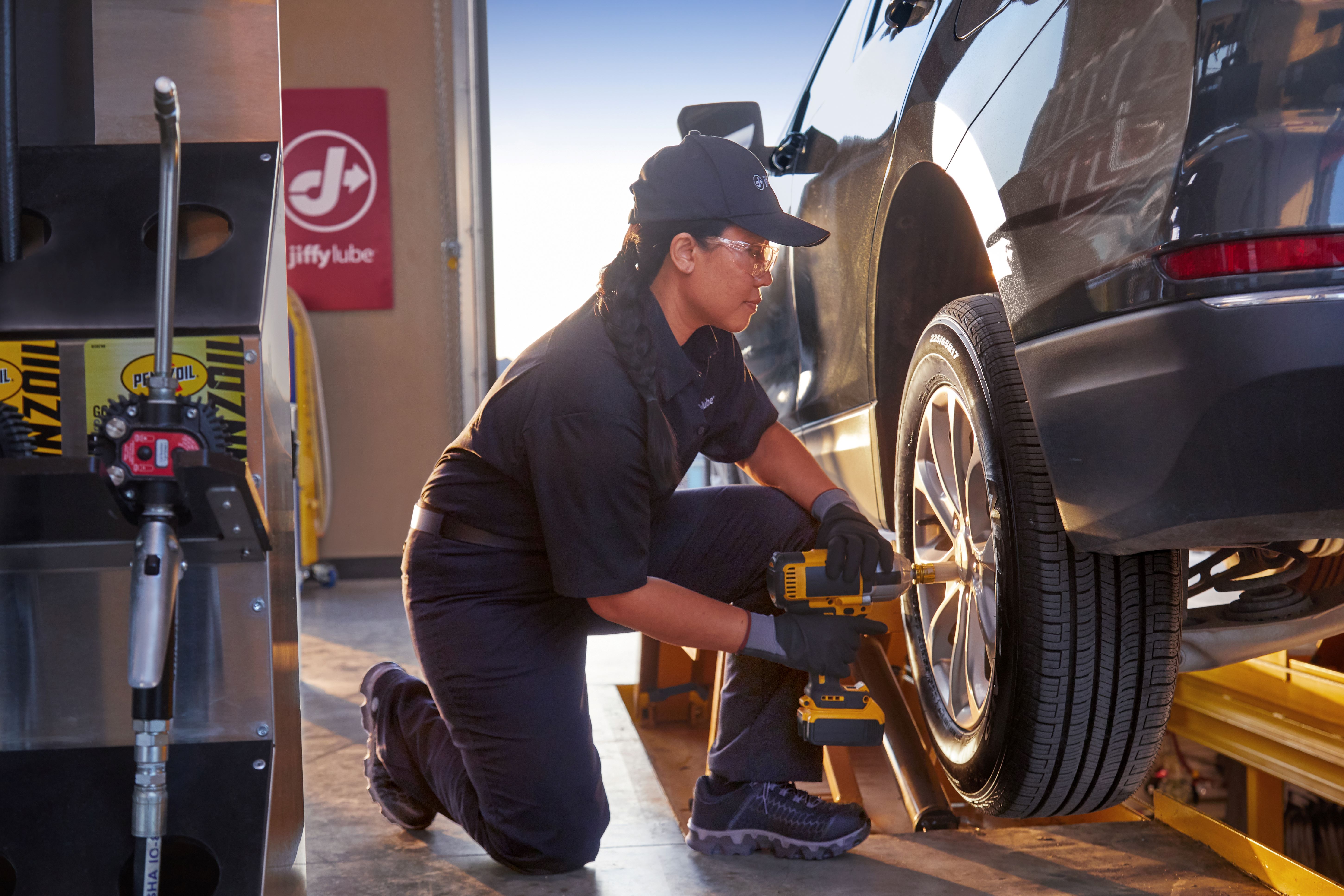Discover Exclusive Mopar Tire Service Specials in Morris Today
Discover Exclusive Mopar Tire Service Specials in Morris Today
Blog Article
Tire Solution: Understanding Tire Stress Surveillance Systems
Recognizing Tire Pressure Monitoring Equipments (TPMS) is a critical facet of maintaining ideal automobile performance and safety and security on the road. With developments in automobile technology, TPMS has become a typical function in modern-day vehicles, offering real-time info on tire pressure levels.

Significance of TPMS
The importance of Tire Stress Surveillance Solutions (TPMS) hinges on their capability to improve car safety and security and performance via real-time tracking of tire stress levels. Maintaining the correct tire stress is crucial for ensuring optimal handling, stopping, and general safety of a lorry. TPMS offers chauffeurs with immediate comments on any kind of underinflated or overinflated tires, enabling timely adjustments to be made.
Parts of TPMS
Comprising different vital components, a Tire Stress Tracking System (TPMS) operates as an advanced security function in modern-day automobiles. The major elements of a TPMS include sensing units, a control component, and a caution indicator. Sensing units are commonly situated in the tire valve stem or affixed to the wheel setting up, where they measure tire stress and transmit data to the control module. If it spots dramatically reduced stress in any of the tires, the control module procedures this info and activates a warning. The warning indicator, frequently a sign on the dashboard, alerts the chauffeur to inspect the afflicted tire or tires. Some advanced TPMS versions additionally display the real tire pressure readings for every tire, giving drivers with real-time info to make sure optimal tire efficiency and safety. By keeping track of tire stress continually, TPMS aids stop crashes, reduces tire wear, and boosts gas efficiency, making it a vital element for lorry security and efficiency.
Types of TPMS

On the other hand, indirect TPMS depends on the lorry's wheel speed sensors to keep track of tire pressure. This system spots underinflation by contrasting the rotational speeds of the wheels. Indirect TPMS is less pricey than straight TPMS, as it uses existing sensing units within the lorry.
While straight TPMS offers a lot more exact readings, indirect TPMS is easier in layout and normally calls for much less upkeep. Both systems have their benefits and constraints, and the selection between them commonly depends on factors such as cost, vehicle make, and individual preference. Comprehending the differences in between these two types of TPMS can assist lorry owners make notified choices pertaining to tire maintenance and safety.
TPMS Upkeep Tips
Effective upkeep of TPMS is essential for making sure ideal performance and safety review and security of your car. On a regular basis checking the TPMS sensing units for any kind of damage or rust is vital. Make certain that the sensors are complimentary and tidy from debris that could disrupt their functioning. In addition, it is a good idea to check the sensor batteries occasionally and replace them as required to assure accurate readings. Conduct routine checks on the my sources tire pressure levels and compare them with the TPMS readings to ensure they correspond. Rectify the system following the supplier's standards if there are any type of disparities. Additionally, during tire rotation or substitute, make certain that the TPMS components are managed thoroughly to avoid any type of potential damages. If the TPMS advising light illuminates on the dashboard, deal with the concern immediately by checking the tire stress and the total system for any faults. By adhering to these upkeep ideas, you can lengthen the life-span of your TPMS and enhance the security of your driving experience.
Advantages of Appropriate Tire Pressure
Keeping proper tire stress, as highlighted in TPMS Maintenance Tips, is important for gaining the various benefits linked with optimum tire stress degrees. In addition, proper tire stress makes sure even tire wear, prolonging the lifespan of the tires and advertising safer driving problems. In verdict, the benefits of proper tire stress go past just tire durability; they encompass enhanced fuel efficiency, improved safety, much better car performance, and general driving convenience.
Verdict
To conclude, understanding tire pressure surveillance systems (TPMS) is vital for preserving optimal tire stress and ensuring car security. By recognizing the relevance of TPMS, knowing with its components, recognizing the various types offered, adhering to proper upkeep ideas, and recognizing the benefits of preserving proper tire stress, motorists can boost their driving experience and prolong the lifespan of their tires. Appropriate tire pressure is vital to secure and reliable lorry procedure.

Report this page